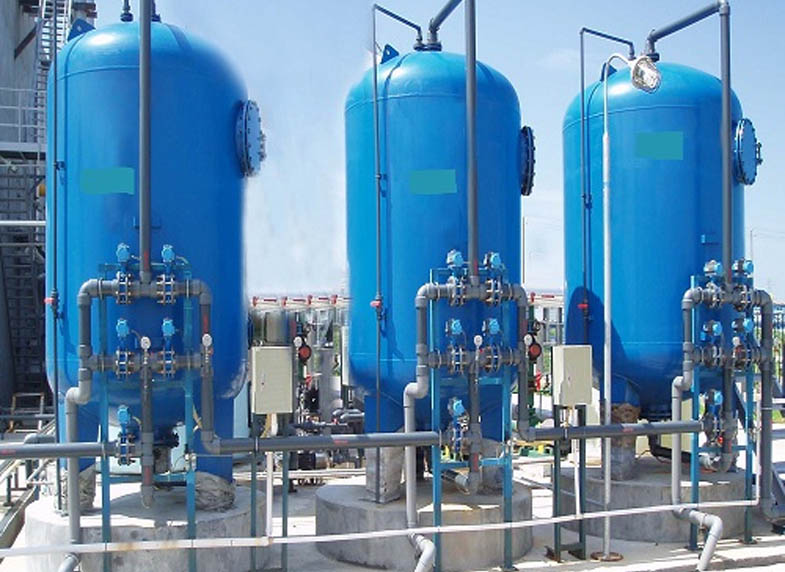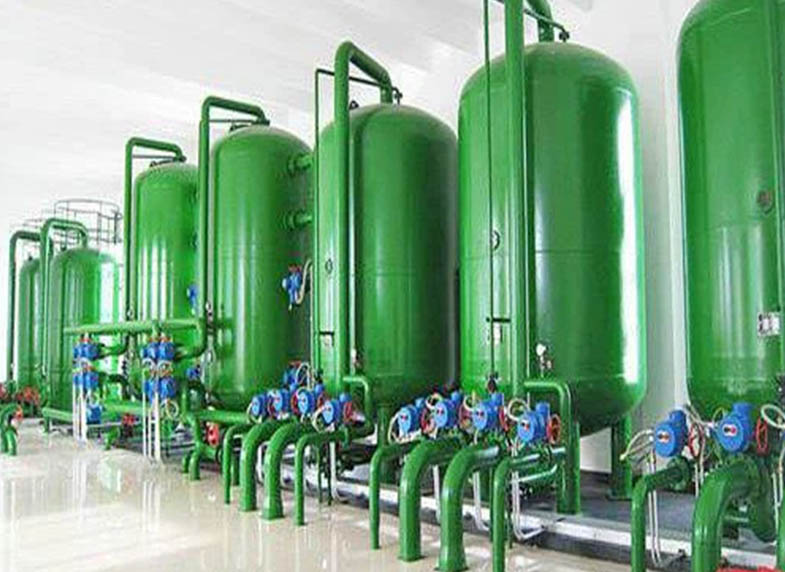Water Softening Plants
Unlocking The Benefits Of Softer Water
Understanding Water Hardness
In a world where water is a precious resource, its quality matters more than ever. Hard water, characterized by high mineral content, can have a significant impact on industries, households, and the environment. This is where water softening plants come to the rescue, offering a transformative solution that enhances water quality and extends the life of water-dependent systems.
Hard water contains elevated levels of calcium and magnesium ions, which can lead to several issues. These include scale buildup in pipes and appliances, reduced soap lathering, and decreased water heater efficiency. Over time, these effects can result in increased maintenance costs and energy consumption.
The Role Of Water Softening Plants
Water softening plants are engineered systems designed to combat the challenges posed by hard water. They employ a process called ion exchange, which replaces calcium and magnesium ions with sodium ions, effectively softening the water. Here’s why water softening plants are indispensable:
1. Scale Prevention: By removing the minerals responsible for scale buildup, water softening plants prevent corrosion and extend the lifespan of water pipes, heaters, and appliances. This translates to cost savings and reduced environmental impact.
2. Soap Efficiency: Softened water improves soap lathering and enhances the effectiveness of detergents, leading to cleaner dishes, softer laundry, and a more efficient cleaning process.
3. Energy Efficiency: Water heaters and boilers operating with soft water require less energy to heat water, resulting in reduced energy bills and a lower carbon footprint.
4. Environmental Benefits: Minimizing the need for harsh chemicals to combat scale buildup contributes to a healthier environment. Additionally, the longevity of water-dependent equipment reduces waste.
5. Versatility: Water softening plants can be customized to meet the specific needs of households, industrial processes, and commercial applications. They are adaptable and scalable to accommodate varying water hardness levels.


Choose Genviss For Water Softening Plants
At Genviss, we take pride in offering cutting-edge water softening solutions that prioritize efficiency, sustainability, and water quality. Our water softening plants are engineered to deliver reliable results, whether for residential, commercial, or industrial applications.
Experience the benefits of softer water, reduced maintenance costs, and a more sustainable approach to water management. Contact us today to explore how our water softening plants can transform your water quality and contribute to a more efficient and eco-friendly future.
Frequently Asked Questions
Water softening prevents scale buildup in pipes and appliances, enhances soap efficiency, and prolongs the lifespan of water-using equipment in both households and industries.
Ion exchange is the most common method, where resin beads exchange sodium ions for calcium and magnesium ions in the water.
During regeneration, the resin beads are rinsed with a brine solution to replace the captured calcium and magnesium ions with sodium ions, restoring the resin’s capacity.
Softened water improves the effectiveness of soaps and detergents, reduces soap scum, enhances fabric softness, and helps maintain the appearance of dishes and glassware.
Water softening does not impact the taste or safety of water; it primarily addresses hardness issues without altering water’s essential characteristics.
Yes, water softening prevents scale buildup in appliances like water heaters and washing machines, leading to increased efficiency and a longer lifespan.
